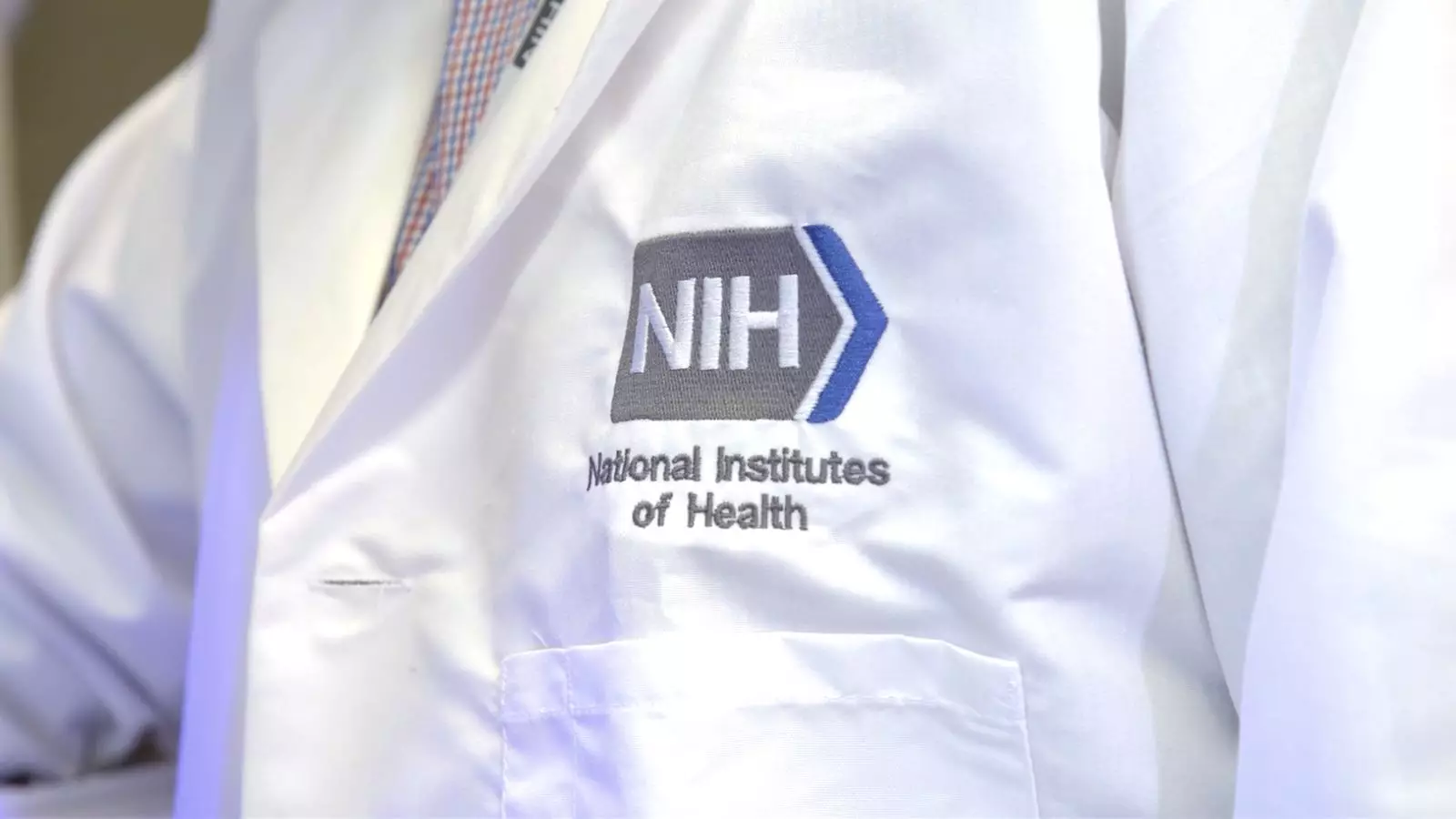The integrity of scientific research is paramount for credibility and trust in the medical community. Recently, the National Institutes of Health (NIH) announced troubling findings regarding Dr. Eliezer Masliah, a prominent figure in neuroscience research and former head of the National Institute on Aging (NIA). Evidence of research misconduct was uncovered, revealing instances of falsification and fabrication in publications that portrayed inaccurate experimental results. This situation raises profound questions about accountability and the ethical standards upheld within scientific research, particularly in the field of neurodegenerative diseases.
The NIH investigation disclosed that Masliah had engaged in practices such as reusing and relabeling panels within figures that misrepresented diverse experimental results across at least two publications. Such actions compromise the integrity of the scientific record and can potentially mislead the scientific community, funding bodies, and the public at large regarding the efficacy and safety of potential treatments. Inevitably, this misconduct could have far-reaching consequences for ongoing research in critical areas, particularly when dealing with conditions like Alzheimer’s and Parkinson’s diseases, where accurate data are vital for developing effective therapies.
In light of these allegations, the NIH has taken the necessary steps to notify the respective academic journals associated with Masliah’s work. The role of journals in upholding research integrity cannot be overstated; they serve as custodians of scientific knowledge and play a crucial role in ensuring that data published are both accurate and trustworthy. Thus, swift action from these journals is essential to preserve the sanctity of the scientific literature.
Impact on Current Leadership and Future Investigations
At present, Masliah is not in the role of NIA neuroscience director, with Dr. Amy Kelley stepping in as the acting director. This shift marks a significant disruption in leadership at a vital research institution tasked with addressing aging and neurodegeneration. The changes resulting from the investigation may influence not only the internal dynamics at the NIA but also the broader research landscape concerning neurodegenerative diseases.
The NIH initiated its probe in May 2023, prompted by allegations from the HHS Office of Research Integrity, and concluded its investigation in September 2024. Such a timeline demonstrates the comprehensive nature of the review, underscoring the seriousness of the allegations and the NIH’s commitment to maintaining the integrity of research practices.
Broader Implications for Neurodegenerative Research
Interestingly, the NIH’s findings coincided with a publication in *Science* that scrutinized images from over 100 of Masliah’s papers, suggesting that several might feature altered western blots—a method commonly employed to detect protein presence. This revelation not only highlights specific concerns regarding Masliah’s work but also points to a larger systemic issue: the potential prevalence of similar misconduct across the scientific community.
The case raises essential dialogues about the scrutiny of scientific publications. As public interest in neurodegenerative diseases increases, it is vital that researchers and institutions alike uphold rigorous standards of evidence. Failure to do so can lead to the invalidation of years of research, injustice to patients relying on effective treatments, and a general erosion of trust in scientific endeavor.
Renowned Parkinson’s specialist Dr. Michael Okun expressed that the findings should act as a catalyst for improving the quality and credibility of scientific research. Indeed, ongoing deliberation within the academic sphere regarding standards, practices, and transparency is essential to prevent future transgressions.
The Masliah case is a stark reminder of the stakes involved in scientific research, particularly when public health is at risk. As stakeholders in the scientific community, it is imperative to reflect on these events and strive for reforms that reinforce accountability, foster an environment of ethical research practices, and ultimately ensure that the pursuit of knowledge aligns with the principles of integrity and trustworthiness.


Leave a Reply